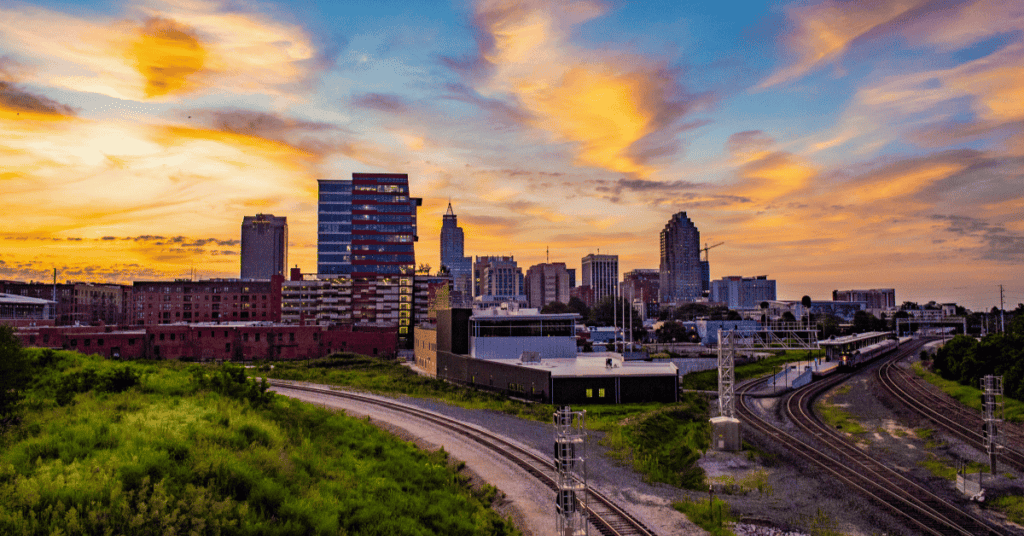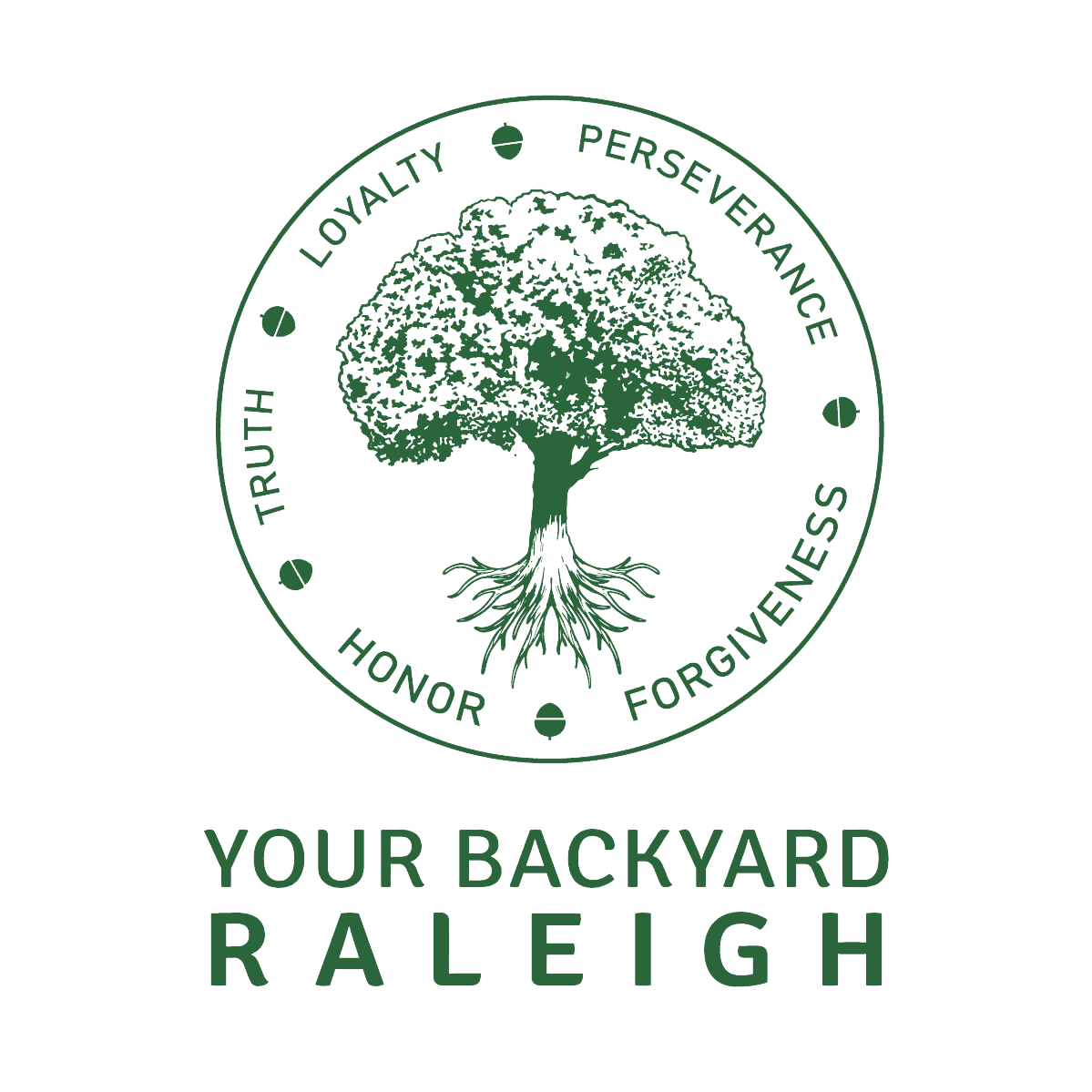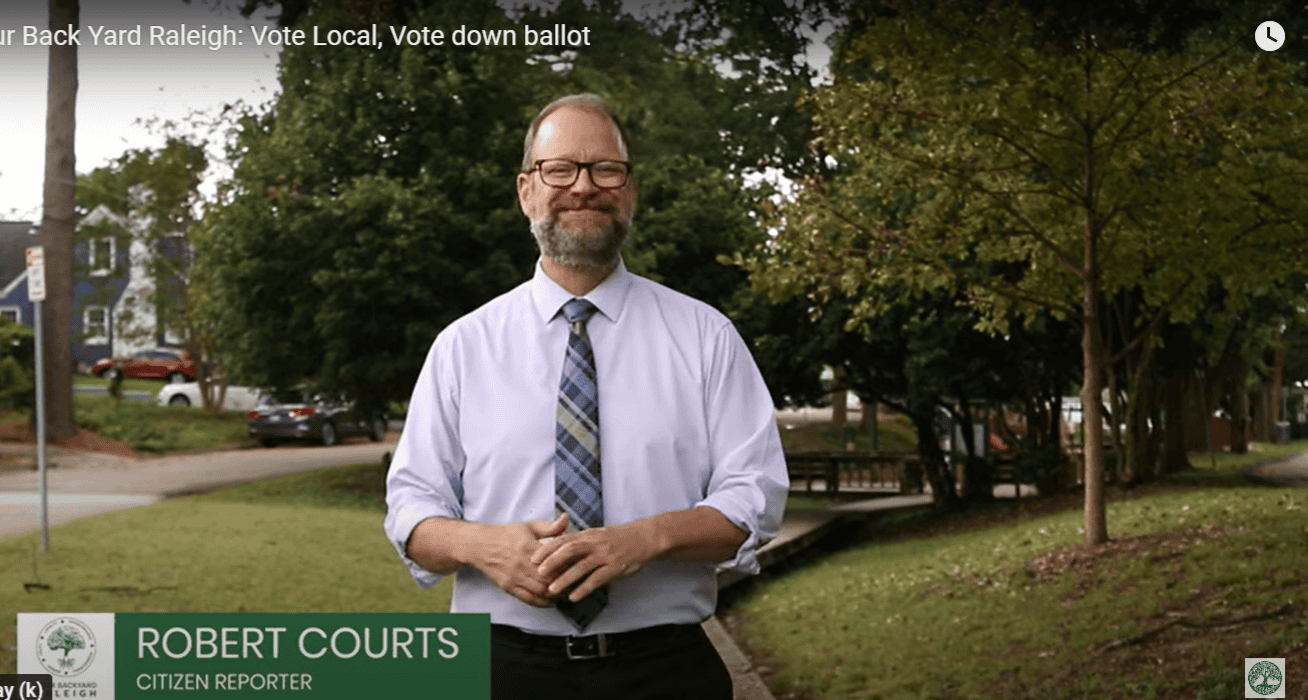When we think of government, our attention often turns to national politics—the headlines, debates, and large-scale issues. But the government that most directly affects our daily lives is, in fact, local government. From the water you drink to the roads you travel, the trash collection in your neighborhood, and even the parks where your children play, local governments are responsible for these essential services. City councils, county boards, and town managers are working behind the scenes, making decisions that shape our community.
Let’s explore how local government impacts everyday life:
- Water and Sewer Services: Every time you turn on a faucet or flush a toilet, your local government is ensuring these systems run smoothly and safely.
- Public Safety: Firefighters, police officers, emergency responders, and those who maintain streetlights and sidewalks are managed locally.
- Transportation: Local government funds and maintains roads, public transportation, bike lanes, and pedestrian paths, making transportation decisions that affect how we navigate the city.
- Trash Collection and Recycling: The local government ensures that your trash and recycling are picked up weekly, managing waste collection decisions.
- Zoning and Housing: Neighborhood layouts, parks, schools, and local businesses are all influenced by zoning laws and housing policies set by elected local officials.
These decisions aren’t made by national policymakers but by local leaders elected by the community. That’s why local elections are so important—while national politics can seem distant, the choices made at the local level can significantly impact your everyday life.
Why Local Elections Matter
On November 5th, voters in Raleigh will head to the polls. Local elections often see lower turnout, as many people overlook the importance of voting for positions like city council, school board, or mayor. Yet these offices hold tremendous power in shaping the future of our communities.
When you vote in local elections, you’re not just electing a person—you’re influencing decisions about the budget for local services, affordable housing, public safety, and more. Local leaders are the ones making critical decisions that affect the quality of life in your community.
Getting Involved Is Easier Than You Think
If you want to make an impact in your community, there are many ways to get involved:
- Vote in local elections: Your vote has a direct impact on your community, especially in close races. Make sure to participate.
- Attend city council meetings: Local government meetings are open to the public and often offer opportunities for citizen input on important issues.
- Join local committees and boards: Many local governments have committees focused on specific areas like planning, education, and the environment. Joining one that aligns with your interests allows you to contribute to the decision-making process.
- Contact your elected representatives: Reach out to city council members, county commissioners, or school board officials to share your concerns or ideas. Communicating regularly with your representatives helps keep them accountable and ensures they’re addressing community needs.
- Participate in public hearings: Public hearings are held on specific issues or policies. Attending these sessions and voicing your opinions allows you to directly influence local policies that affect you.
- Volunteer for community initiatives: Engage with non-profits or local organizations working with the government on various initiatives like cleanup drives or community gardens. Your involvement strengthens the fabric of the community.
- Stay informed through local media: Keep up with local news by following newspapers, online forums, or community social media groups. Staying informed helps you engage more effectively with local government issues.
- Utilize online resources: Many local governments provide online platforms for citizens to submit feedback, ideas, or complaints. Make use of these resources, and consider engaging in social media campaigns or online petitions to rally community support.
- Participate in community workshops and forums: Local governments often hold workshops and public forums to gather citizen input. Attending these events gives you a platform to collaborate with others and contribute ideas to address local challenges.
- Run for local office: If you’re passionate about making a significant impact, consider running for a local office position such as city council, school board trustee, or commissioner. Holding office allows you to advocate directly for the needs of your community.

Local government is at the core of a strong, thriving community, and your involvement is key to keeping it effective. On November 5th, when you look at the ballot, remember that the races closest to home are the ones that can have the greatest impact on your life.
Let’s work together to shape the future of Raleigh!

